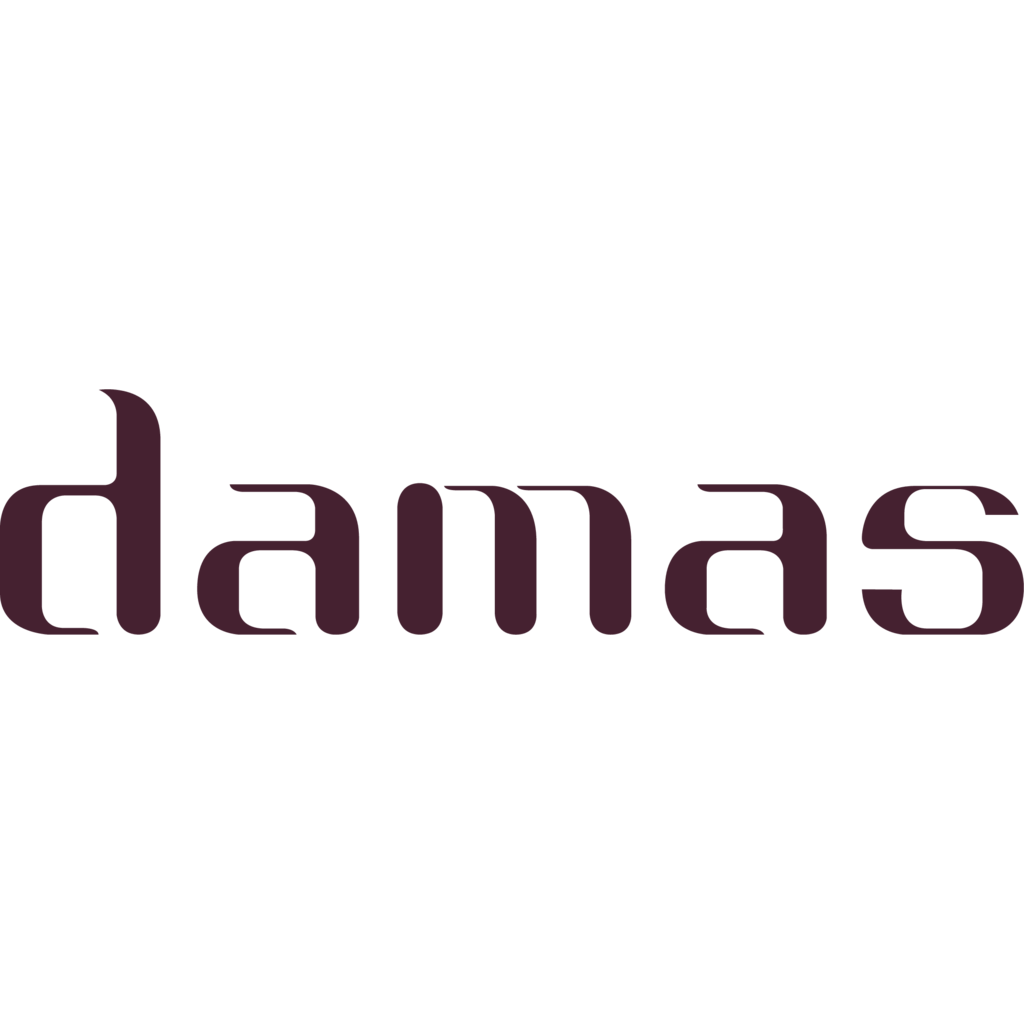Company Directory - Cartier
Company Details - Cartier

Cartier
WebsiteParis, France
Cartier is a world-renowned jewellery house celebrated for its exquisite craftsmanship and luxurious pieces. The company is known for creating high-end jewellery, watches, and accessories that embody sophistication and elegance.
CCI Score
CCI Score: Cartier
19.77
-0.08%
Latest Event
Cartier Supply Chain and Ethical Practices Under Scrutiny
An analysis of Cartier's supply chain and labor practices reveals a lack of transparency in sourcing, reliance on third-party audits, and controversial marketing strategies that have raised concerns over ethical responsibility.
Take Action
So what can you do? Support Cartier by shopping, spreading the word, or offering your support.
- Shop Alternatives
SEE ALL - Use Your Voice
OTHER TOOLS - Investigate
- Share the Score
SUPPORT CCI
SABOTEUR
Cartier is currently rated as a Saboteur.
Latest Events
 FEB052024
FEB052024An analysis of Cartier's supply chain and labor practices reveals a lack of transparency in sourcing, reliance on third-party audits, and controversial marketing strategies that have raised concerns over ethical responsibility.
-30
Supply Chain Ethics
March 20
Cartier's supply chain practices are criticized for a lack of transparency, undisclosed sourcing of raw materials, and heavy reliance on third-party audits, which together raise concerns over potential involvement in unethical practices such as the use of conflict diamonds.
-10
Labor Relations and Human Rights Practices
March 20
While Cartier employs third-party audits to manage human rights responsibilities, the lack of detailed disclosures regarding worker conditions and grievance processes introduces uncertainty about its labor practices.
-20
Media Influence and Propaganda
March 20
Cartier has faced criticism for its marketing strategies, particularly accusations of bluewashing and disrespect towards indigenous communities, which calls into question the integrity of its media influence and propaganda practices.
 MAY152023
MAY152023Cartier, a renowned luxury jeweler, faced criticism for using unauthorized images of the Yanomami indigenous tribe to promote its brand amid controversies over its gold sourcing practices, which some claim fuel illegal mining and exacerbate indigenous rights violations.
-30
Labor Relations and Human Rights Practices
March 20
The article highlights that Cartier published images of Yanomami children without proper consent, undermining the rights of indigenous communities. This lapse reflects a poor commitment to labor relations and human rights practices, especially as these communities suffer from health and social crises exacerbated by illegal mining operations.
Cartier uses images of Amazon tribe devastated by illegal gold mining
-50
Supply Chain Ethics
March 20
Cartier's marketing strategy, which involved using indigenous imagery without consent, combined with allegations that its gold sourcing contributes indirectly to illegal mining, reveals significant ethical lapses in its supply chain practices. This approach of greenwashing undermines the integrity of its brand and its commitment to sustainable sourcing.
Cartier uses images of Amazon tribe devastated by illegal gold mining
 JAN062023
JAN062023Cartier's Modern Slavery Act statement outlines its commitment to preventing forced labor and human trafficking through stringent supplier audits, enhanced labor practices, and comprehensive due diligence across its supply chain.
+80
Labor Relations and Human Rights Practices
March 20
Cartier’s statement reflects a strong commitment to labor rights by mandating training, conducting independent audits, and adhering to international labor standards, thereby positively impacting worker conditions and opposing exploitative practices.
+90
Supply Chain Ethics
March 20
The statement details robust supply chain ethics measures including rigorous supplier audits, adherence to the Supplier Code of Conduct, and implementation of responsible sourcing policies, significantly mitigating the risk of modern slavery and unethical sourcing.
 OCT012021
OCT012021Cartier outlines robust commitments to human rights, ethical sourcing, and sustainability, emphasizing adherence to the Universal Declaration of Human Rights and a zero-tolerance policy for child and forced labour.
+90
Labor Relations and Human Rights Practices
March 20
Cartier demonstrates a strong commitment to labor rights by explicitly stating it will not tolerate child labour or forced labour. This pledge, integrated into its broader Corporate Responsibility policy, indicates ethical treatment of workers and an active stance on human rights within its operations.
+90
Supply Chain Ethics
March 20
Cartier actively engages with its suppliers to ensure adherence to stringent ethical standards, demonstrating a commitment to supply chain ethics. By collaborating closely with partners in its supply chain, Cartier minimizes risks of complicity in human rights abuses and reinforces responsible sourcing practices.
 OCT012021
OCT012021Cartier has outlined its commitments to ethical, social, and environmentally sustainable practices in its Corporate Responsibility Policy, underscoring a dedication to continuous improvement and responsible business operations.
+80
Business Practices and Ethical Responsibility
March 20
Cartier's Corporate Responsibility Policy emphasizes ethical conduct, social accountability, and environmental sustainability. The commitment to initiatives like the Watch & Jewellery Initiative 2030 and internal practices to ensure that commitments are upheld demonstrates a proactive approach to ethical business practices. This transparent and socially responsible stance aligns well with efforts to oppose authoritarian practices and promote accountability.
 NOV242020
NOV242020The Human Rights Watch report 'Sparkling Jewels, Opaque Supply Chains' criticizes the lack of transparency in the supply chains of major jewelry companies. Cartier, while certified through industry standards and RJC membership, falls short by not publicly disclosing detailed human rights risk assessments or naming its suppliers. This opacity undermines robust human rights due diligence and contributes to potential complicity in abuses in its sourcing practices.
-25
Supply Chain Ethics
March 20
Cartier employs industry certifications and maintains a Supplier Code of Conduct, yet its practices remain opaque. The company does not publish detailed human rights risk assessments or the names of its suppliers. In an industry where transparent supply chains are crucial for ensuring ethical sourcing and preventing human rights abuses, such opacity contributes negatively and is seen as complicit in potential systemic failures to uphold labor and human rights standards.
Alternatives

New York, United States
20.92

Hamilton, Bermuda
18.12

Corporation
-17.03

Corporation
-35.47

Corporation
-39.40
Paris, France
2.46

Paris, France
-17.20
Wattens, Austria
28.79

India
22.48
Seattle, United States
20.20
Industries
- 448310
- Jewelry Stores
- 448320
- Luggage and Leather Goods Stores
- 339911
- Jewelry (except costume) manufacturing